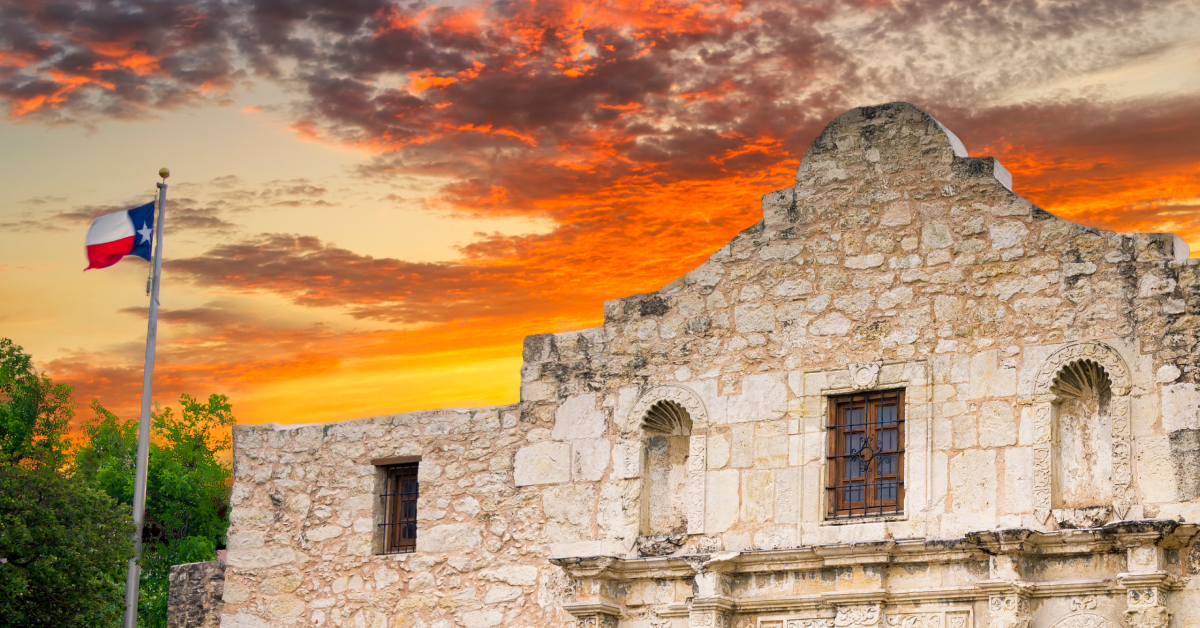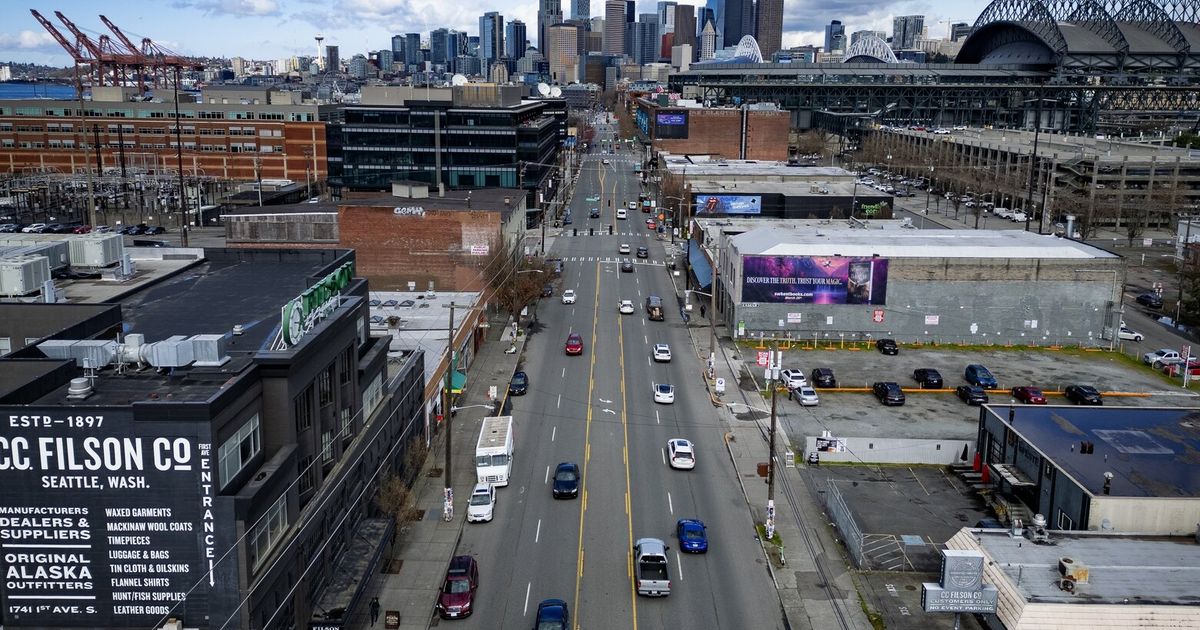As you get nearer to proudly owning your slice of paradise in Hawaii, don’t neglect to account for closing prices. These charges are a remaining step in making your dream residence a actuality. Being ready for these prices will enable you to take pleasure in your new island way of life with none last-minute surprises.
In the event you’re feeling unprepared or overwhelmed, don’t fear. That will help you price range for closing prices, this Redfin article will cowl how a lot closing prices are in Hawaii, who pays for them, and which prices you possibly can anticipate to pay as a purchaser and as a vendor.

How a lot are closing prices in Hawaii?
Earlier than securing the keys to your new residence, homebuyers might want to pay for closing prices. On common, closing prices in Hawaii can vary anyplace from 2%-5% of the house’s buy value. Nevertheless, remember that closing value quantities differ relying on a number of elements – corresponding to the acquisition value of the house, the kind of mortgage, and any changes negotiated with the vendor.
Let’s say you’re shopping for a house in Kailua, the place the median residence sale value is $782,500. Based mostly on this, you may anticipate closing prices to be between $15,650 and $39,125. Whereas if you happen to’re shopping for a house in Hilo, which has a median sale value of $500,000, closing prices might vary from $10,000 to $25,000.
Who pays closing prices in Hawaii?
So, who pays for closing prices in Hawaii? In most transactions, each the client and vendor pays closing prices. However the purchaser and vendor pays for various closing prices and sure have completely different complete closing value quantities. Remember the fact that it’s frequent for the client to pay closing prices out of pocket, whereas the vendor’s closing prices are deducted from the house sale proceeds.
Purchaser closing prices in Hawaii
Closing prices in Hawaii for patrons sometimes vary from 2%-5%. In the event you paid earnest cash, this quantity can be subtracted out of your closing prices, which is able to scale back the whole quantity you owe at closing. Earnest cash is usually between 1%-3% of the house’s value. Let’s break down a number of the frequent closing prices coated by the client:
- Appraisal payment: Your mortgage lender would require a house appraisal to make sure the house worth is the same as or greater than the mortgage quantity. House value determinations sometimes value between $300 and $500, relying on location. In the event you pay on the time of service, it is not going to be included in your closing prices.
- Inspection payment: House inspections usually vary from $300 to $500 – they will differ primarily based on native charges and the property’s particular traits. In the event you don’t pay for the inspection on the time of service, it will should be paid at closing.
- Mortgage origination payment: Some lenders cost a payment for creating your mortgage. As you store round for lenders, inquire about what it covers and whether or not it’s negotiable to keep away from excessive charges.
- Mortgage processing payment: Along with the origination payment, your lender might also cost a payment for processing your mortgage. This sometimes covers underwriting and associated providers. It’s advisable to debate this payment along with your lender to know what this payment covers and if it may be waived.
- Mortgage low cost factors: In the event you purchase low cost factors to decrease your rate of interest, you’ll pay a one-time payment at closing. These factors can decrease your price by 0.25% to 0.5%, however take into account your long-term homeownership plans earlier than paying for a diminished price.
- Non-public mortgage insurance coverage (PMI): Required for down funds underneath 20%, PMI may contain an upfront payment at closing, relying on the mortgage sort. It’s normally a part of your month-to-month cost, however some loans provide the choice to pay it as a one-time payment.
- Title insurance coverage: Title insurance coverage is a one-time closing value, with patrons generally paying for each lender and proprietor insurance policies.
- Owners insurance coverage: In Hawaii, your annual house owner’s insurance coverage premium could also be a part of your closing prices.
- Owners Affiliation dues: In case your property is a part of a owners affiliation, you’ll probably pay one month’s dues upfront at closing. These charges differ and contribute to upkeep and operational prices.
- Property taxes: Consumers might should prepay property taxes as a part of their closing prices in Hawaii.
Vendor closing prices in Hawaii
The closing prices coated by sellers in Hawaii can differ, however beneath are a number of the frequent charges and prices {that a} vendor pays for:
- Actual property agent fee charges: These charges is usually a vital value for sellers. Fee charges might differ and are topic to negotiation. Sellers ought to focus on their choices with their agent.
- Owners Affiliation charges: If the property is a part of a owners affiliation, sellers are normally answerable for settling any excellent HOA charges or assessments as much as the date of closing. Moreover, sellers may have to offer sure HOA paperwork to the client as a part of the sale.
- Property taxes: Sellers are answerable for any property taxes which have accrued however not but been paid as much as the deadline. These unpaid property taxes are sometimes prorated for the months that you simply owned the property.
- Title insurance coverage: As a part of closing prices for sellers in Hawaii, sellers might pay for proprietor’s title insurance coverage. Usually, this value relies on the property’s sale value.
- Switch taxes: In Hawaii, sellers are answerable for paying state and probably native switch taxes. These taxes are sometimes a proportion of the property’s sale value and might differ extensively by jurisdiction.
Median residence sale value knowledge from the Redfin Information Middle throughout July 2024.








